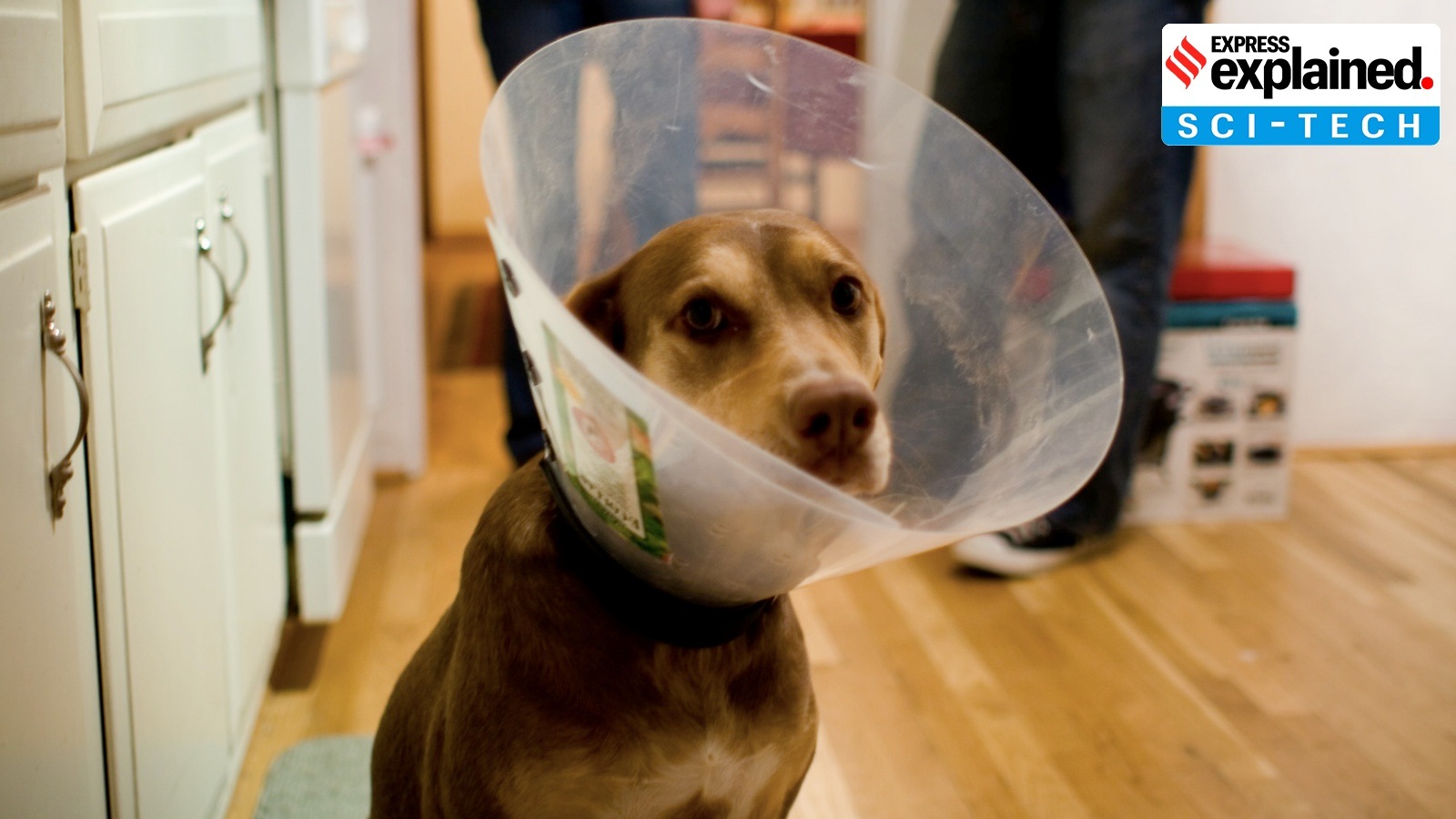Scientists develop reversible dog neutering vaccine: Is surgical castration beneficial for your pet?
Although spaying and neutering puppies is a common practice worldwide, there has been a growing debate in recent years over the advantages and disadvantages of these procedures
 Both neutering and spaying are invasive procedures. While male dogs take around a week from the surgery, female dogs take seven to 10 days. (Wikimedia Commons)
Both neutering and spaying are invasive procedures. While male dogs take around a week from the surgery, female dogs take seven to 10 days. (Wikimedia Commons)Chilean scientists have developed a reversible dog neutering vaccine that does not require any surgical procedure or sedation and is a simple injection. A small white and brown Chilean terrier who lives with his owner in Chile’s capital, Santiago, has become one of the first dogs in the world to receive the vaccine, according to a recent report by Reuters.
Although spaying and neutering puppies is a common practice worldwide, there has been a growing debate in recent years over the advantages and disadvantages of these procedures.
Here is a look at how the neutering vaccine works and the debate around neutering and spaying.
First, what are neutering and spaying?
Neutering and spaying are surgical procedures that prevent male and female dogs from reproducing, respectively. In a female dog, spaying — also known as ovariectomy or ovariohysterectomy — comprises removing the ovaries or uterus and ovaries. In a male dog, neutering consists of removing the testicles — the procedure is also called castration.
Both neutering and spaying are invasive procedures. While male dogs take around a week to recover from the surgery, female dogs take seven to 10 days. As the surgery is more invasive in the case of female dogs, they take more time to recover.
How does the neutering vaccine work?
Leonardo Saenz, a veterinarian and professor at the University of Chile who developed the vaccine, told Reuters that it works by blocking the hormone in charge of reproduction and is reversible.
“If we have (that hormone) blocked, we do not release gonadotropin and therefore do not release sexual hormones and the animal is in a state of castration,” he said.
The vaccine can be administered to both male and female dogs. It costs around $54.
One of the biggest advantages of the vaccine is that it is less invasive and complicated than surgical neutering and spaying. This is also the reason why scientists hope that the vaccine will help neuter animals on a large scale.
Is neutering and spaying beneficial for dogs?
Veterinarians recommend surgical castration saying it has several advantages for male and female dogs. For instance, spaying is believed to reduce the risk of serious diseases, such as uterine infections, breast cancer, and testicular cancer. Neutering prevents testicular cancer, if done before six months of age. It is also believed to improve the behaviour of male dogs and make them less aggressive.
However, research in recent years has shown that these procedures can also severely impact dogs. A 2019 study, published in the journal PLOS One, of 2,800 golden retrievers found that those spayed or neutered were more likely to be overweight or obese.
Some experts have argued that the reproductive hormones controlled by the removed sex organs in dogs have crucial systemic roles. “They influence muscle mass and tendon and ligament strength, and they tell bones when to stop growing,” according to a report by The Washington Post. Without these hormones the body is not robust.
A 2013 study, also published in the journal PLOS One, found “higher rates of hip dysplasia, cranial cruciate ligament tears and certain cancers among desexed golden retrievers — especially those neutered early, defined as before 1 year of age,” the report said.
- 01
- 02
- 03
- 04
- 05






































